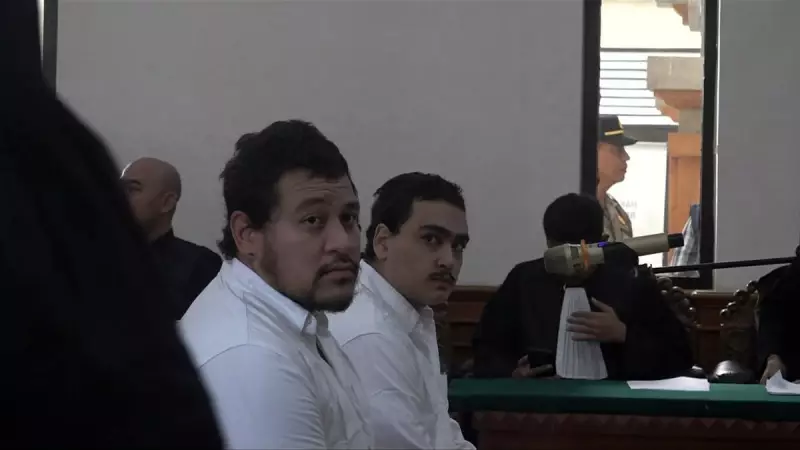
Three Australian citizens are staring down the barrel of Indonesia's most severe punishment – execution by firing squad – following their alleged involvement in the brutal murder of a Melbourne father during a Bali holiday turned nightmare.
The accused men, whose identities remain protected under Indonesian law, are being held in a Bali prison while authorities investigate the shocking case that has sent ripples through both Australian and Indonesian communities.
The Alleged Crime That Shocked Two Nations
According to Indonesian police, the three Australians stand accused of murdering a 49-year-old Melbourne man during what appears to have been a violent confrontation. The victim, whose identity has been withheld pending family notification, was reportedly attacked in a manner that left local authorities stunned by the brutality.
"This is one of the most serious cases we've encountered involving foreign nationals," a senior police official commented, highlighting the gravity of the allegations facing the three men.
Indonesia's Strict Stance on Capital Punishment
Indonesia maintains one of the world's strictest approaches to drug trafficking and violent crimes, with firing squad executions remaining legal for particularly severe offences. The country has drawn international attention in recent years for its unwavering position on capital punishment, particularly involving foreign nationals convicted of drug crimes.
Legal experts note that murder charges carrying the death penalty are less common for foreigners in Indonesia, making this case particularly noteworthy and concerning for Australian diplomatic officials.
Australian Government Response
The Department of Foreign Affairs and Trade has confirmed it's providing consular assistance to the three men, as is standard practice for Australian citizens facing serious legal challenges overseas.
"We are aware of the detention of three Australians in Bali and are providing consular assistance in accordance with the Consular Services Charter," a DFAT spokesperson stated, while emphasizing they cannot intervene in another country's legal processes.
The case serves as a stark reminder to Australian travellers about the severe consequences of violating local laws in destinations with strict judicial systems, particularly in Southeast Asian nations where penalties can differ dramatically from those in Australia.





